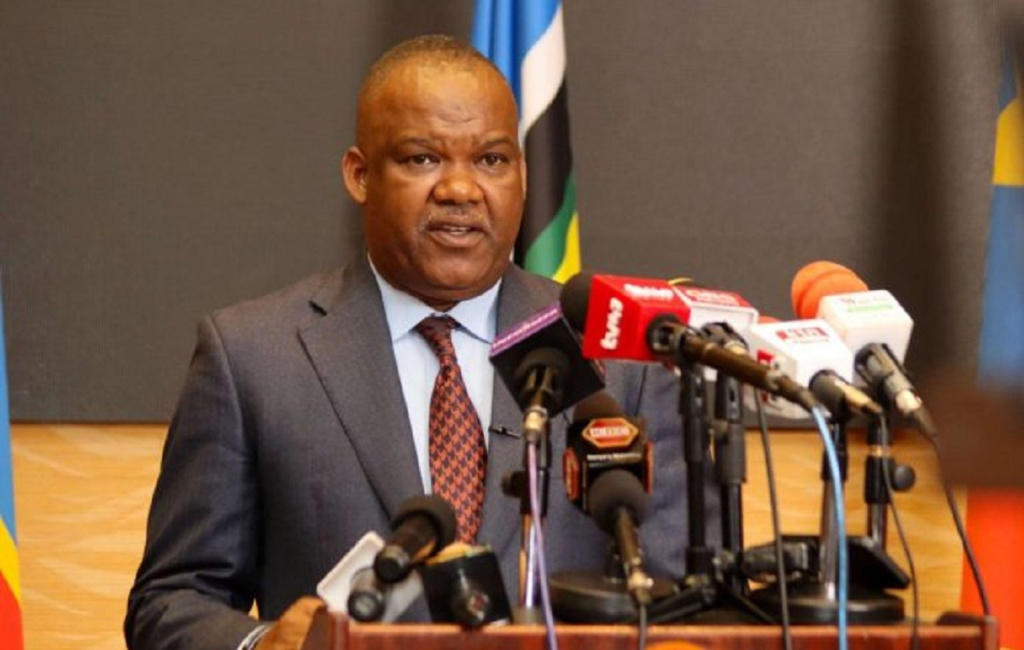A military court in the Democratic Republic of Congo (DRC) on Thursday, sentenced 26 members of a rebel alliance, including their leader Corneille Nangaa, to death for war crimes, treason, and participating in an insurrection.
Nangaa, the former head of the Congolese Electoral Commission (CENI), had formed the Alliance Fleuve Congo (AFC) with the aim of overthrowing the government. Along with Nangaa, leaders of the M23 rebel group, Sultani Makenga, Bertrand Bisimwa, Willy Ngoma, and Lawrence Kanyuka, were also sentenced to death.
The sentences were delivered in absentia, meaning the convicted individuals were not present in court, as most of them are still at large, either living abroad or leading the rebellion on the frontlines.
Only six of the 26 individuals have been arrested, while the rest remain fugitives. The court emphasised that these leaders played a significant role in crimes that threatened the existence of the Congolese state.

The verdict comes at a time when the DRC had not carried out executions for nearly 30 years and had been considering abolishing the death penalty. However, the government revived the death penalty as a response to the formation of the AFC and its declared intention to topple the Kinshasa government.
President Felix Tshisekedi has also expanded his crackdown to target his political rival, former President Joseph Kabila, accusing him of being involved with the AFC.
There are warnings that Kabila could face similar consequences. Kabila, who is now living in South Africa, has been pursuing his PhD.
The DRC government views the M23 rebel group as a serious threat and has accused neighbouring Rwanda of supporting them, although Rwanda denies these claims.
Nangaa’s announcement of the AFC’s formation in Nairobi last December caused diplomatic tensions between the DRC and Kenya, with Kinshasa requesting his deportation, which Kenya refused on the grounds of freedom of speech. Relations between the two countries have since been strained.


